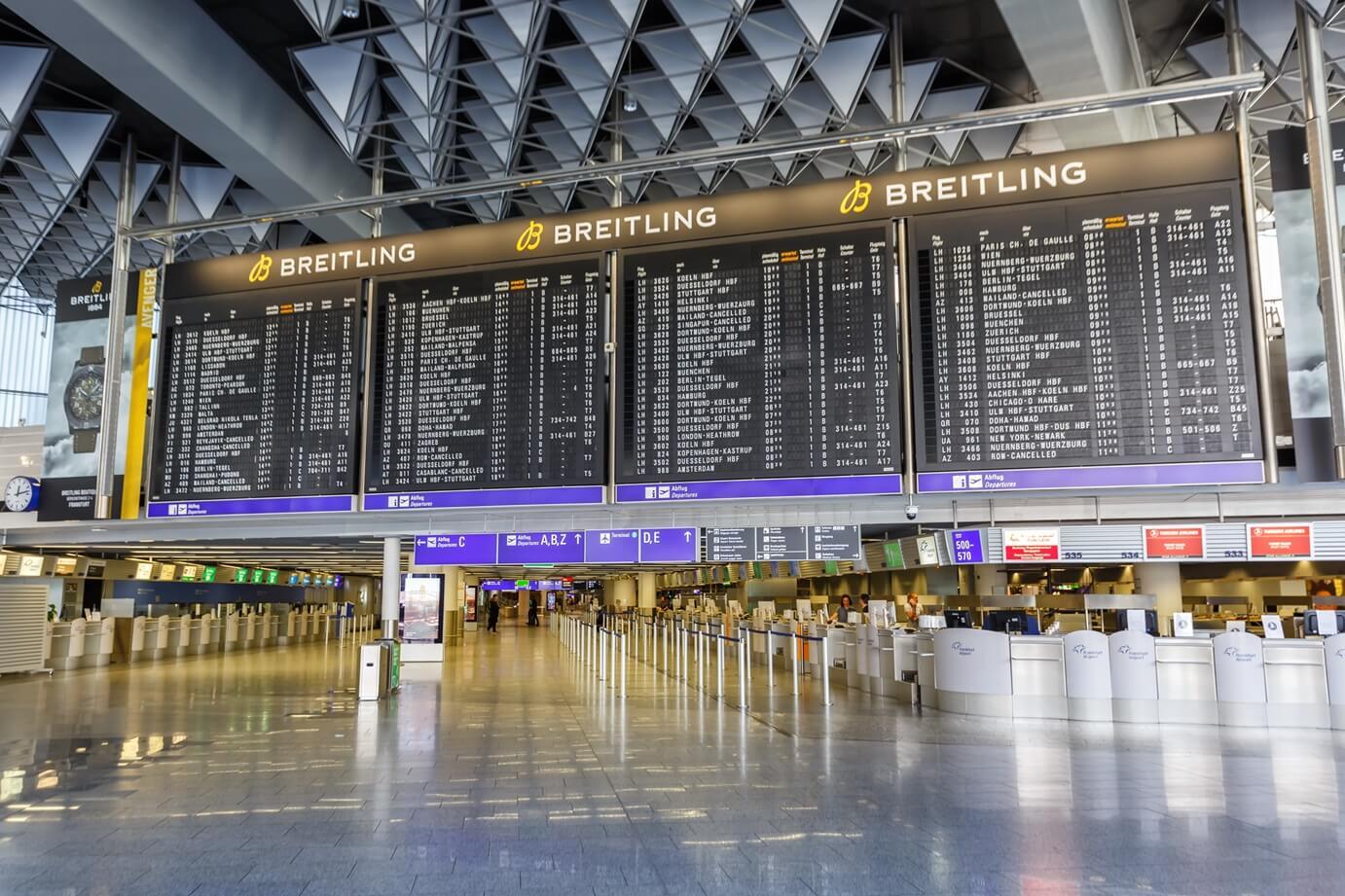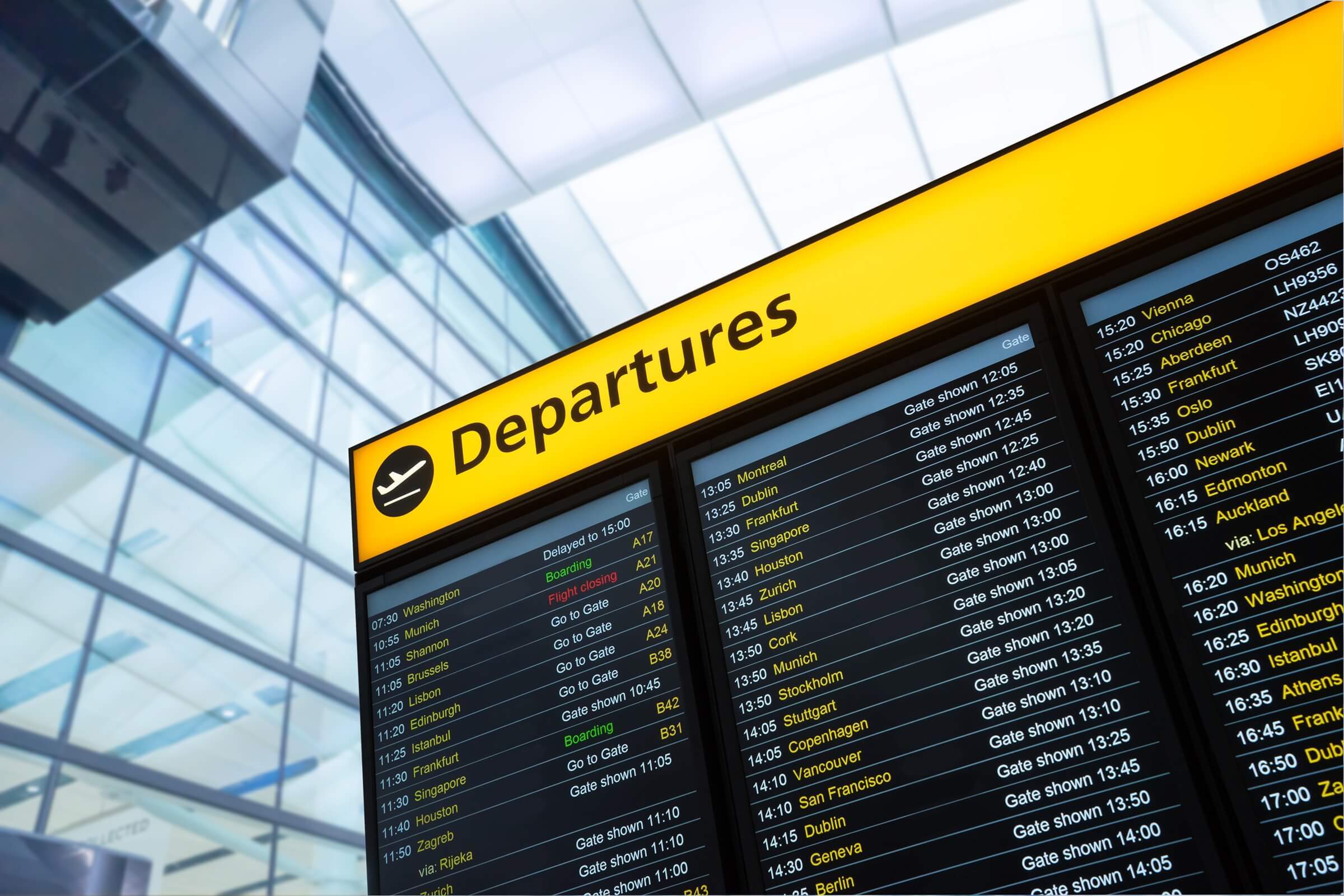Extraordinary circumstances in flight delays and cancellations

When travellers experience a flight delay or cancellation, they often wonder if they’re eligible for compensation. However, it’s essential to understand that airlines are not required to compensate passengers in all cases. Under European Union Regulation EC 261, airlines are only obligated to provide compensation if the delay or cancellation is within their control. When certain “extraordinary circumstances” are responsible, the airline is exempt from paying compensation. Understanding these exceptions is key to managing expectations and deciding whether to pursue a claim.
Defining extraordinary circumstances
In the context of EC 261, “extraordinary circumstances” refer to events outside the airline’s control, which could not have been avoided even if the airline took reasonable precautions. These situations are beyond the airline's responsibility or influence, meaning the airline could not prevent the disruption through normal operational measures. Some common examples include severe weather conditions, security risks, political unrest, and certain technical failures.
Here are some primary examples that fall under the category of extraordinary circumstances:
Severe weather conditions
Severe weather is one of the most frequent reasons for flight disruptions that fall under extraordinary circumstances. Airlines cannot control the weather, and extreme conditions like heavy snowfall, thunderstorms, or hurricanes make flying unsafe. In such cases, airlines must prioritize passenger safety, which can lead to delays or cancellations. Given the unpredictable nature of severe weather, these disruptions are generally not eligible for compensation.
Political or security risks
The unstable political environment, which may include terrorist activities, civil riots or other unexpected security risks, may cause the cancellation or delay of flights. In the same way, a threat, for instance, a bomb threat or other threats, may require the cancellation of flights in order to protect the lives of the passengers. Since such events are unlikely to occur and cannot be prevented by the airlines, passengers are not entitled to any form of compensation in such cases.
Strikes by airport or air traffic control staff
While strikes by airline employees may entitle passengers to compensation, strikes conducted by third-party staff, such as airport ground crew or air traffic control, fall under extraordinary circumstances. Since airlines do not have control over these groups, they are generally not held liable for delays and cancellations resulting from such strikes. Strikes often disrupt multiple flights across an airport, meaning the airline is not directly responsible.
Bird strikes
Bird strikes, though uncommon, do happen, and they can cause significant damage to an aircraft, making immediate repairs or inspections necessary. Given that bird strikes are outside the airline’s control and happen suddenly, they are considered an extraordinary circumstance. When a bird strike causes a delay or cancellation, the airline is not obligated to provide compensation.
Air traffic management decisions
From time to time, air traffic control may ask airlines to temporarily hold or alter the flight path of a plane in order to avoid congested skies or for safety reasons. This could be as a result of traffic control in the specific area, safety reasons or any other reasons we consider logical. Such directives are over and above the control of the airline and therefore if the delay or cancellation of a flight is as a result of such directives, such delay or cancellation is not entitled to compensation.
Technical failures not related to airline maintenance
While general technical failures are the airline’s responsibility, certain unexpected technical problems that aren’t due to negligence or maintenance issues may be considered extraordinary. For instance, sudden manufacturing defects, malfunctions in new aircraft, or failures that occur despite regular maintenance can qualify. These cases are rare, but when they occur, airlines are exempt from compensating passengers.
Situations that don’t qualify as extraordinary circumstances
It’s important to differentiate between truly extraordinary circumstances and situations that airlines may try to classify as such but do not qualify under EC 261. For example, airlines may not classify regular technical issues, crew shortages, or internal scheduling issues as extraordinary. In these cases, passengers are indeed eligible for compensation, as these issues are generally within the airline’s control.
Understanding what constitutes extraordinary circumstances is vital for travellers seeking compensation for flight delays or cancellations. By knowing the difference between avoidable disruptions and uncontrollable events, passengers can approach their compensation claims more effectively. While certain situations exempt airlines from liability, many delays and cancellations still fall within the airline’s responsibility.
How MYFLYRIGHT can help you with flight compensation claims
At MYFLYRIGHT, we specialize in helping passengers understand and navigate their rights under EC 261. We recognize that determining eligibility for compensation can be challenging, particularly when airlines cite extraordinary circumstances as a reason for denying claims. Our team has the expertise to analyze each case, identify valid grounds for compensation, and manage the legal procedures to ensure passengers receive what they’re entitled to.
Latest posts
Top European airlines with delays and cancellations
Discover the top European airlines with the most delays and cancellations. Learn causes, trends, and tips to avoid travel disruptions.
Lost or damaged luggage? Our step-by-step guide
Lost or damaged luggage? Follow our step-by-step guide for tips on filing claims, recovery and solutions.
Top Christmas destinations: Europe and beyond
Discover the top Christmas destinations in Europe and beyond – festive markets, magical winter landscapes, and more!
About MYFLYRIGHT
MYFLYRIGHT is a legal tech company, specialized in the support of airline passengers affected by flight delays, flight cancellations, denied boarding, delayed or lost luggage and the refund of unused airline tickets. MYFLYRIGHT was founded 2016 in Hamburg, Germany. The company operates out of 3 offices, its headquarter in Hamburg and its branches in Prague, Czech Republic and Zaporizhia, Ukraine. Currently, MYFLYRIGHT employs a team of around 25 people working in Marketing, Operations, Legal, Customer Support and IT. The organization operates across 5 markets – Germany, United Kingdom, Romania, Austria, and Switzerland.
MYFLYRIGHT’s goal is to provide access to justice for all aviation passengers who experience irregularities in their flight transportation. Notably, 75% of all compensation requests submitted by passengers get rejected. Whereas, MYFLYRIGHT is able to successfully execute the applicable customer claims in more than 98% of cases at court.












